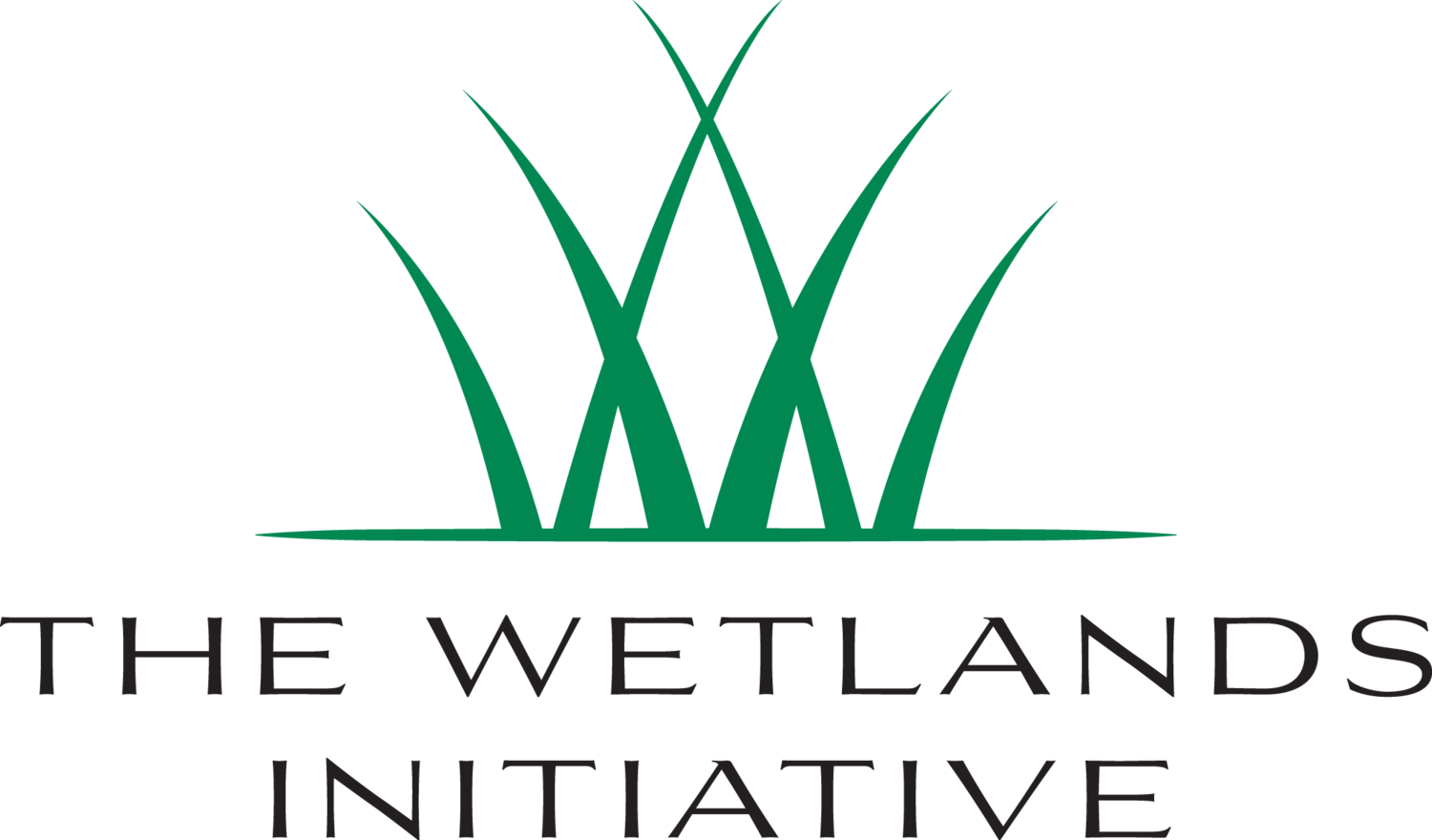Conservation Partners
The Wetlands Initiative collaborates with the organizations and agencies below in carrying out our restoration work. Partnership is integral to TWI’s ability to achieve results well beyond our size.
Audubon great lakes
TWI is working with Audubon Great Lakes and other partners on the restoration of valuable remnant wetlands in the Calumet region, in both Illinois and Indiana.
Audubon: Important Bird Area program
TWI’s Dixon Waterfowl Refuge is a recognized state Important Bird Area under this program administered by the National Audubon Society.
Chicago Park District
TWI is working with the Chicago Park District and other partners on the restoration of valuable remnant wetlands in the Lake Calumet area on Chicago’s Southeast Side.
THE FIELD MUSEUM
Dr. Doug Stotz, senior conservation ornithologist at the Field Museum, has been monitoring bird populations at TWI's Dixon Waterfowl Refuge since the site’s restoration began in 2001. Dr. Stotz, also a member of TWI’s board of directors, is a key advisor regarding the impact on birds of restoration projects at the Refuge.
Forest Preserve District of DuPage County
TWI partnered with the Forest Preserve District to design a stream restoration, which is now underway within the St. James Farm and Blackwell forest preserves in Warrenville.
Illinois Corn Growers Association
The Wetlands Initiative is partnering with this large agricultural membership organization on farmer outreach to advance the use of farm-based constructed wetlands to reduce nutrient runoff.
Illinois Council on Best Management Practices
This coalition of agricultural organizations and agribusinesses is collaborating with TWI on providing information to farmers about constructed wetlands designed for nutrient removal.
Illinois Department of Natural Resources, Division of Fisheries
TWI collaborates closely with the IDNR Division of Fisheries to maintain an excellent public fishery at our Dixon Waterfowl Refuge at Hennepin & Hopper Lakes.
Illinois Nature Preserves Commission
TWI’s Dixon Waterfowl Refuge has a designated Illinois Nature Preserve within its boundaries, the Thomas W. and Elizabeth Moews Dore Seep. TWI consults with the Illinois Nature Preserves Commission in planning and carrying out restoration or public access improvements in this sensitive and rare wetland area.
Land Improvement Contractors of America, Illinois Chapter
LICA members and associates partner with TWI to complete construction of nutrient-removal wetlands on farmers’ properties and to host field demonstration events.
National Forest Foundation
TWI has a strong ongoing collaboration with this non-profit partner of the U.S. Forest Service to carry out on-the-ground restoration work at Midewin National Tallgrass Prairie.
THE University of Illinois at Chicago
Dr. Karl Rockne, a UIC professor of environmental engineering, is part of our team on TWI’s Growing Wetlands for Clean Water project. Dr. Rockne designed and is implementing the protocol for measuring the nutrient removal achieved by the wetlands and is also carrying out a related research project.
USDA Farm Service Agency (FSA)
TWI works closely with FSA staff on determining farmer eligibility and completing enrollment contracts for our Growing Wetlands for Clean Water project.
USDA Natural Resources Conservation Service (NRCS)
TWI works closely with NRCS staff on developing the wetland designs and completing farmer enrollment contracts for our Growing Wetlands for Clean Water project.
U.S. Forest Service, Midewin National Tallgrass Prairie
Since 1997, TWI has had an award-winning public–private partnership with the U.S. Forest Service to restore rare prairies and wetlands at Midewin, which is owned and managed by the Forest Service.
Village of Hennepin
The Village of Hennepin is a supportive local partner in TWI’s restoration and public access work at our Dixon Waterfowl Refuge at Hennepin & Hopper Lakes, located just south of Hennepin.
Memberships and Coalitions
The Wetlands Initiative is a member of the following groups that share and help to advance our conservation mission.
1% for the Planet
A global alliance of businesses committed to donating at least 1% of their sales to sustainability-oriented non-profit organizations. The Wetlands Initiative is a non-profit partner helping to bring awareness of conservation issues through the alliance.
21st Century Conservation Service Corps
A national partnership of federal, state, local, and non-profit leaders and stakeholders that provides young people, veterans, and other underrepresented communities an opportunity to engage in public land and water restoration and conservation.
Bird Conservation Network
A coalition of 21 organizations that advocates for and promotes the perpetuation and appreciation of the native birds of the Chicago region and the habitats that support them.
Chicago Wilderness
A regional alliance of more than 250 organizations leading strategy to preserve, improve, and expand nature and quality of life in parts of Illinois, Indiana, Wisconsin, and Michigan.
EarthShare Illinois
The Illinois chapter of a national non-profit organization that promotes charitable giving through employee workplace-giving campaigns to support environmental and conservation organizations, including the Wetlands Initiative.
illinois river road
Unites more than 100 natural and cultural points of interest throughout the Illinois River Valley. The Wetlands Initiative's Dixon Waterfowl Refuge at Hennepin & Hopper Lakes is a registered waypoint through the Princeton gateway.
illinois sustainable ag partnership
The members of the Illinois Sustainable Ag Partnership, including the Wetlands Initiative, have come together to increase the momentum that has been built around soil health, cover crops, water quality, nutrient management, and conservation issues.
Middle Illinois River Conservation Collaborative
A group of conservation organizations that is identifying and collaborating on the next wave of major projects in the Middle Illinois River’s floodplain and on its major tributaries.
Mississippi River Network
A coalition of more than 50 non-profit organizations, businesses, and associates with a goal to protect the land, water, and people of the United States’ greatest river.
























